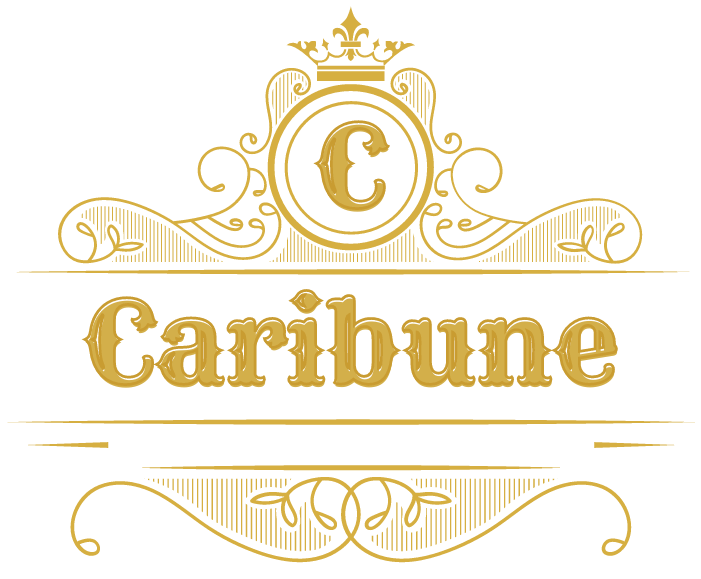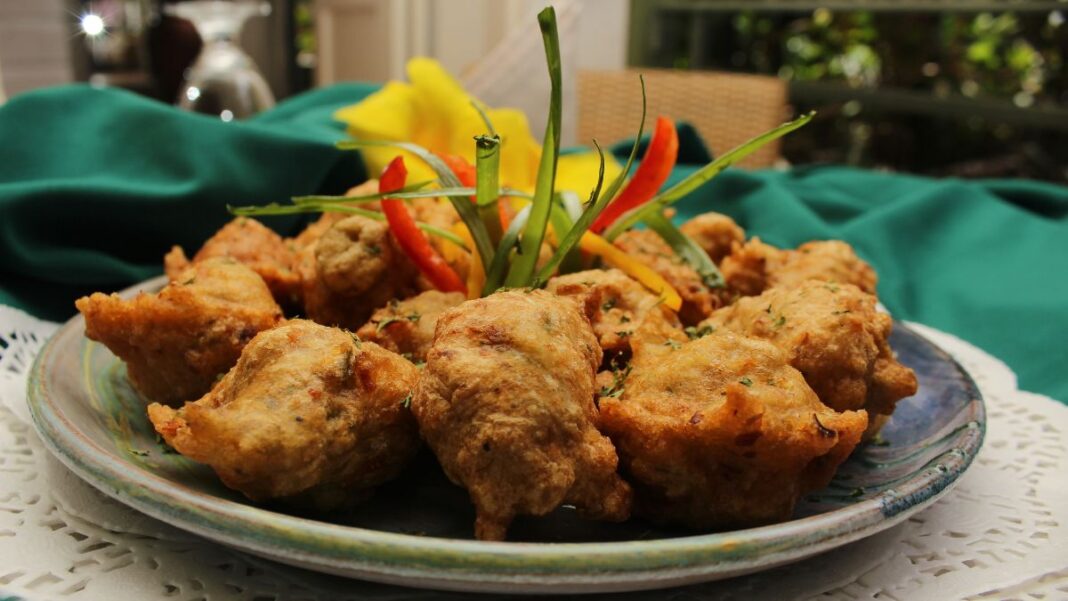If you’re a foodie, you know that the Caribbean is home to some of the world’s most delicious and flavorful cuisine. But have you ever wondered how Caribbean cooking came to be? The history of Caribbean cuisine is a fascinating tale of cultural fusion, colonization, and the influence of African, European, and indigenous cooking techniques and ingredients.
The Caribbean’s history is complex and diverse, and so is its cuisine. The region’s food is a reflection of its past, with influences from the indigenous Arawaks and Caribs, as well as the African slaves brought over by European colonizers. European powers such as the Spanish, British, French, and Dutch also left their mark on Caribbean cuisine, introducing ingredients like cumin, saffron, allspice, and nutmeg. The result is a unique blend of flavors and spices that make Caribbean cuisine so distinctive and beloved. In this article, we’ll take a closer look at the history of Caribbean cooking, tracing the historical influences that shaped this vibrant and delicious cuisine.
Origins of Caribbean Cuisine
Caribbean cuisine is a melting pot of various cultural influences that have shaped its unique flavors and cooking styles. The history of Caribbean cuisine is an interesting blend of indigenous Taino influences, European colonial impact, African culinary heritage, and Asian and Middle Eastern contributions.
Indigenous Taino Influences
The Taino people were the original inhabitants of the Caribbean islands, and their influence can be seen in the use of cassava, sweet potatoes, and corn in Caribbean cuisine. These ingredients were staples of the Taino diet, and they continue to be used in Caribbean cooking to this day.
European Colonial Impact
The arrival of European colonizers in the Caribbean brought with it a variety of new ingredients, including citrus fruits, sugar cane, and various spices. These ingredients were quickly incorporated into Caribbean cuisine, resulting in dishes such as jerk chicken and callaloo.
African Culinary Heritage
The African slave trade brought millions of Africans to the Caribbean, and their culinary heritage has had a significant impact on Caribbean cuisine. African slaves brought with them a variety of ingredients and cooking techniques, including okra, black-eyed peas, and stewing and braising.
Asian and Middle Eastern Contributions
The arrival of Asian and Middle Eastern immigrants in the Caribbean also had an impact on the region’s cuisine. Indian and Chinese immigrants, for example, introduced new spices and cooking techniques, resulting in dishes such as curry goat and fried rice.
Overall, the history of Caribbean cuisine is a testament to the region’s rich cultural heritage and the many influences that have shaped its unique flavors and cooking styles.
Evolution of Caribbean Cooking
Caribbean cuisine has a rich and diverse history, shaped by a variety of cultural influences. Over the years, Caribbean cooking has evolved to become a unique fusion of African, European, and Indigenous American culinary traditions. In this section, we will explore the key historical developments that have shaped Caribbean cooking into what it is today.
Post-Colonial Developments
After the end of colonial rule, Caribbean cuisine underwent significant changes. The emergence of independent nations in the region led to a renewed interest in the traditional foods of the Caribbean. Many chefs and home cooks began to experiment with local ingredients and traditional cooking techniques, resulting in the creation of new dishes and flavor combinations.
Modern Fusion and Trends
In recent years, Caribbean cuisine has undergone a modern revival, with chefs and food enthusiasts experimenting with new ingredients and techniques. The fusion of traditional Caribbean flavors with modern cooking styles has resulted in a range of exciting new dishes that reflect the region’s diverse cultural influences.
Preservation of Traditional Techniques
Despite the changes and developments in Caribbean cooking, many traditional techniques and ingredients have been preserved over the years. From the use of cassava and plantains to the slow cooking of stews and curries, many of the traditional cooking methods and ingredients have remained an essential part of Caribbean cuisine.
Overall, Caribbean cooking has a rich and diverse history that reflects the cultural influences of the region. From the post-colonial developments to the modern fusion and trends, Caribbean cuisine has evolved to become a unique and exciting culinary experience.
Frequently Asked Questions
What are the primary historical influences on Caribbean cuisine?
Caribbean cuisine is a fusion of various cultures and traditions. The primary historical influences on Caribbean cuisine include African, European, and indigenous Amerindian cultures. These influences have contributed to the unique blend of spices, flavors, and ingredients that define Caribbean cuisine.
How have indigenous traditions shaped traditional Caribbean foods?
Indigenous traditions have played a significant role in shaping traditional Caribbean foods. The indigenous people of the Caribbean, such as the Arawak and Taino, were skilled in farming and fishing. They introduced several staple foods, such as cassava, yams, and seafood, which remain an essential part of Caribbean cuisine today.
In what ways did African culinary practices impact Caribbean cooking?
The African influence on Caribbean cuisine is undeniable. Enslaved Africans brought with them their culinary traditions, which were integrated into Caribbean cooking. African culinary practices such as the use of spices, herbs, and cooking techniques have had a significant impact on Caribbean cuisine.
What role did European colonization play in the development of Caribbean food culture?
European colonization played a significant role in the development of Caribbean food culture. The Spanish, British, French, and Dutch colonized the Caribbean and brought with them their respective cuisines. They also introduced new ingredients such as sugar, coffee, and spices, which were incorporated into Caribbean cooking.
How have Asian flavors been integrated into Caribbean cuisine over time?
Asian flavors have been integrated into Caribbean cuisine over time. Chinese and Indian immigrants brought with them their culinary traditions, which were integrated into Caribbean cooking. Asian ingredients such as ginger, soy sauce, and curry have become an essential part of Caribbean cuisine.
What are some key ingredients that define the flavor profile of Caribbean recipes?
Some key ingredients that define the flavor profile of Caribbean recipes include allspice, thyme, scotch bonnet peppers, coconut milk, and rum. These ingredients are used in various Caribbean dishes, such as jerk chicken, curry goat, and rice and peas, to create the unique and delicious flavors that define Caribbean cuisine.

